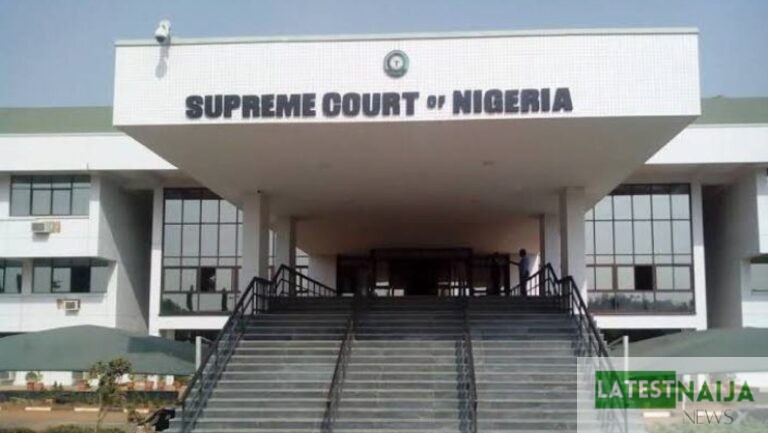In a pivotal ruling, the Supreme Court of Nigeria has delivered a resounding verdict, dismissing the applications filed by presidential candidates Atiku Abubakar of the Peoples Democratic Party (PDP) and Peter Obi of the Labour Party (LP).

The case revolved around their efforts to nullify the election of President Bola Tinubu on the grounds that he did not secure the required 25 percent of the votes in the Federal Capital Territory (FCT), Abuja.
With the courtroom packed to capacity and an air of tension, the Supreme Court, in a unanimous decision, categorically asserted that the Federal Capital Territory does not hold any special status that would exempt it from the broader electoral laws of the nation.
In doing so, the Court concurred with the judgment previously issued by the Court of Appeal, affirming that the 25 percent requirement is inconsequential, thus upholding the tribunal’s initial ruling.
Presiding over the proceedings, Justice John Okoro took the opportunity to articulate the Court’s stance, rhetorically asking, “Are you saying if someone scores 25% votes in 30 states but not in Abuja, he should not be president? Is that how you interpret the law? That is not the law. Supreme Court agrees with the Court of Appeal.”
The case had gripped the nation, with citizens and political observers closely monitoring the legal wrangling between the presidential candidates and the incumbent President Tinubu. At the time of filing this report, the Supreme Court’s judgment was still ongoing.


Comments are closed.